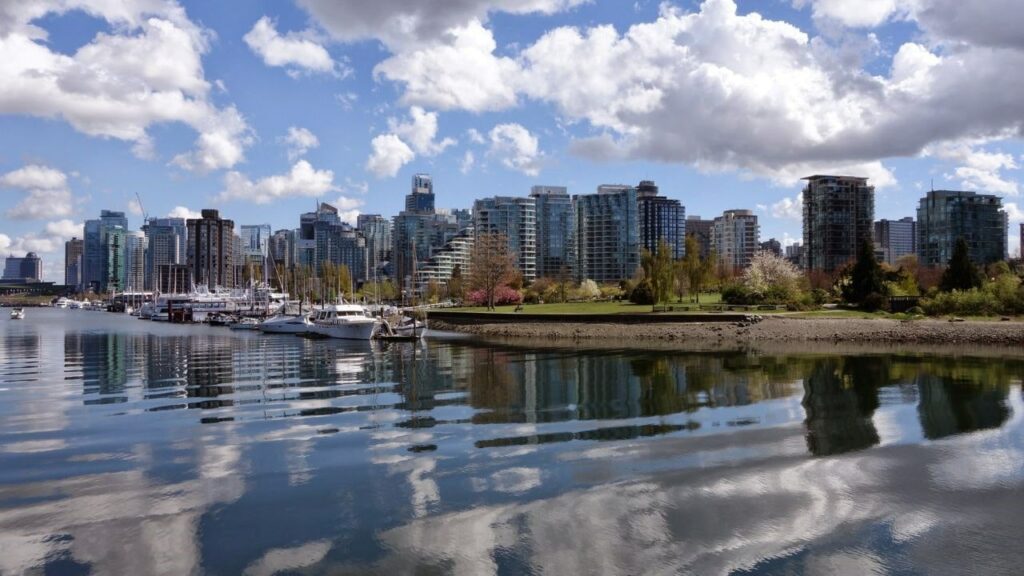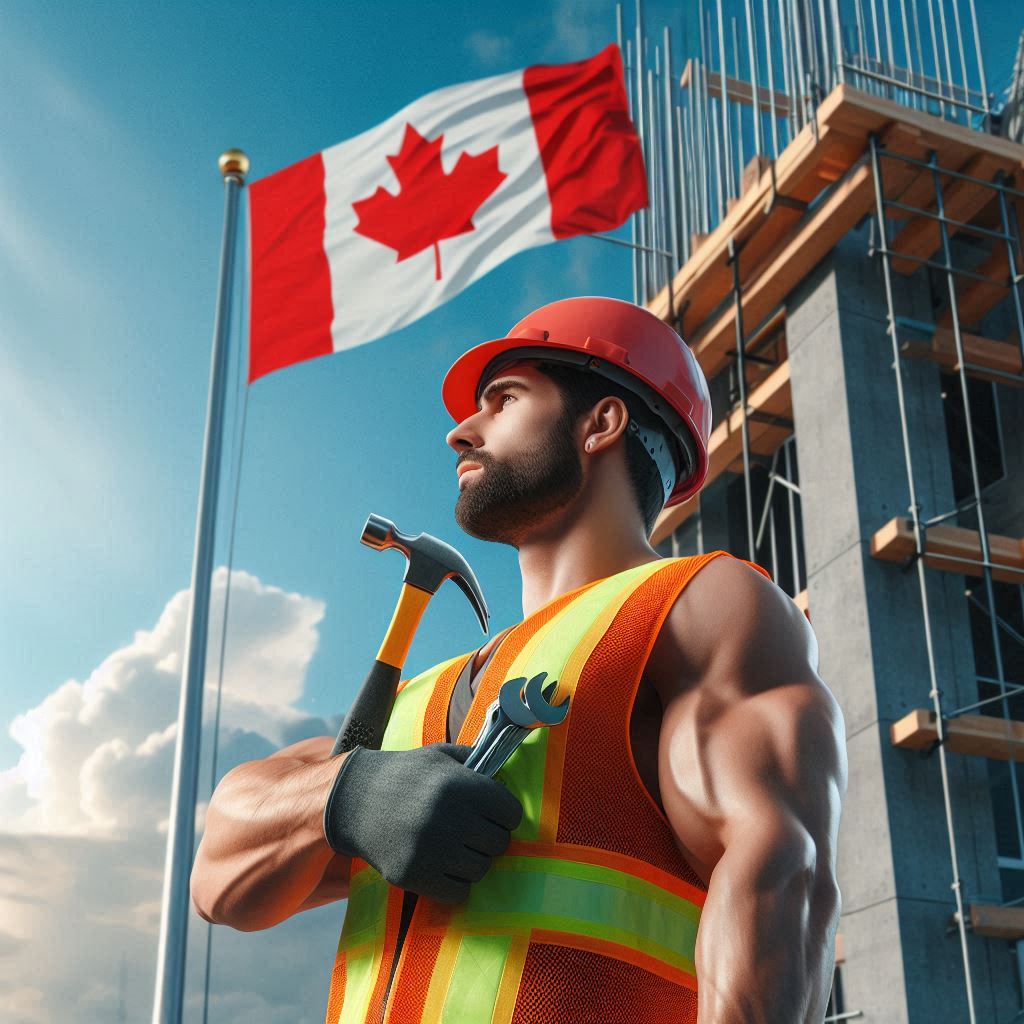Canada is a great place to call home, with its beautiful landscapes, friendly people, and strong economy. But, when moving to a new country, it can be daunting to figure out how to get settled quickly. Luckily, there are a few simple steps you can take to make the transition smoother. Whether you’re a student, an immigrant, a refugee, or a temporary worker, this blog will provide you with all the information you need to achieve your dream of settling in Canada quickly.
Introduction to Settling in Canada
Settling in Canada is a big step for many people, and it can be a daunting process. However, with the right knowledge and resources, you can make the process much easier. Canada is a great place to call home and offers a lot of opportunities for immigrants.
Canada has one of the most generous immigration programs in the world, with a wide range of visas and pathways available. The Canadian government is committed to welcoming newcomers and helping them to integrate into the Canadian economy and culture.
The first step for anyone interested in immigrating to Canada is to determine the best way to do it. You can apply for a permanent resident visa, a temporary work permit, a student visa, or even refugee status. Each option has its own set of requirements and advantages.
Once you’ve decided which pathway is best for you, the next step is to prepare your application. This includes gathering all the necessary documents and information, as well as submitting your application.
Once your application has been approved, there are still some steps you must take before settling in Canada permanently. You may need to apply for a social insurance number (SIN) if you plan on working in Canada or accessing certain government services. You may also need to get health insurance coverage if you don’t already have it through another source such as an employer or private provider.
Finally, you should familiarize yourself with Canadian culture and laws before your arrival. This will help you adjust to life in Canada more easily and ensure that you are able to take full advantage of all that this country has to offer.
Reasons to Move to Canada
There are many reasons why people move to Canada. The country is known for its high quality of life, its beautiful landscapes, and its welcoming people. Canada also offers excellent educational opportunities, a strong economy, and a diverse culture.
Canada also participates in the Global Talent Stream, which allows employers to hire foreign workers for specialized positions. This stream is designed to attract highly skilled workers and support the development of the Canadian economy.
In addition, Canada is a multicultural country and welcomes immigrants from all over the world. As a result, many immigrants find it easy to fit in and make new friends. Canada also has a low crime rate and is considered one of the safest countries in the world.

Finally, Canada is known for its high standard of living, with a strong economy and low cost of living. This makes it an attractive destination for those looking to start a new life in a safe and comfortable environment.
How to Find a Job in Canada
Finding a job in Canada is an important step in the process of settling in Canada. The Canadian government has several programs and initiatives to help immigrants find employment. The Canada Job Bank is a useful resource for finding jobs in Canada. You can also use the Canada Job Bank to network with employers and find out about job openings.
Moreover, you can use job search websites and search for jobs in specific cities or regions. In addition, you can use social media channels like LinkedIn to connect with employers and find job postings. You can also attend job fairs and networking events to meet potential employers and discuss job opportunities.

Tips for Finding the Right Job
When you start looking for a job in Canada, it’s important to be prepared. You should research the industry you are interested in and have a good understanding of the job market. You should also have a clear idea of what type of job you are looking for.
You should also be prepared to make a good impression. Have your resume and cover letter ready and be prepared to answer questions about your experience and skills. It’s also important to be flexible and open to different types of jobs.
Finally, you should network and reach out to people in your industry. You never know who might be able to help you find a job.
How to Choose the Right City to Live in
Choosing the right city to live in is an important step in settling in Canada. You should consider factors such as cost of living, job opportunities, transportation, access to amenities, and quality of life.
You should also consider the culture and values of the city. Some cities in Canada are more multicultural and diverse than others, which can be an important factor for many immigrants.
Research the city you are considering carefully. Look at the cost of housing, utility bills, food, transportation, and other costs. Consider the job market in the city and whether it is suitable for your skills and experience.
Look into the quality of life in the city and whether it offers a variety of activities and amenities to suit your lifestyle.
Finally, consider how easy it is to get around in the city. Look into public transportation options, such as buses or trains, as well as access to highways and roads. Once you have weighed all these factors carefully, you can make an informed decision about which city is right for you.

The Cost of Living in Canada
The cost of living in Canada varies from city to city. It is generally more expensive to live in large cities like Toronto and Vancouver than in smaller cities and rural areas.
The cost of living also depends on your lifestyle. If you are looking for affordable housing, you may want to consider living in a smaller city or outside of the major urban centers.
The average cost of living in Canada is estimated to be around $2,000 per month. This includes rent, groceries, utilities, transportation, and other expenses. However, it is important to keep in mind that this is just an average and the actual cost of living may be higher or lower depending on where and how you live.
In general, the cost of living in Canada is considered to be quite reasonable compared to other countries. The country has a strong economy and a high standard of living which makes it an attractive place to live for many people.
How to Prepare for Life in Canada
Once you have decided to move to Canada, it’s important to prepare for the transition. You should research the culture and the values of the country and learn about the local customs. You should also learn about the Canadian healthcare system and understand the different types of insurance.
It’s best if you look into the Canadian education system and find out about the different types of schools and educational opportunities. You should also research the job market and start networking with employers.
It’s important to research the cost of living in Canada and budget accordingly. You can look into housing options, such as renting or buying a home. Moreover, you should familiarize yourself with the different types of transportation available in Canada.
Finally, it’s important to make sure that you have a valid passport and other necessary documents when moving to Canada. You should consider getting a health checkup before your move and make sure to pack all essential items that you will need for your transition.
Conclusion
Settling in Canada can be a daunting process, but with the right knowledge and resources, it can be a smooth and successful experience. From understanding the immigration process to finding the right job, there are many steps involved in settling in Canada.
<br>

We can help you on your journey to settling in Canada. We train and prepare new and incoming immigrants to Canada on the basics of Canadian construction, to help them join the Canadian workforce and get settled in Canada. We want to help newcomers develop their skills, find employment and make a successful transition into the Canadian workforce.


